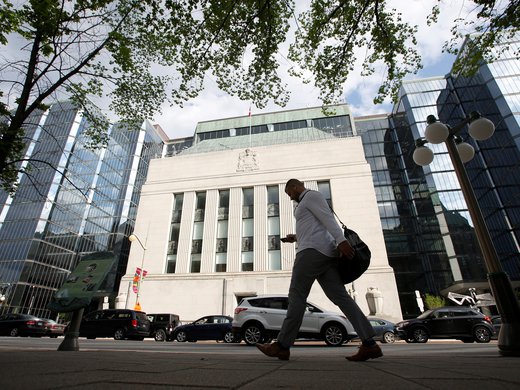Late in November the European Commission’s President, José Manuel Barroso, presented A blueprint for a deep and genuine economic and monetary union. The proposals for a renewed EMU — here meaning Economic and Monetary Union — barely attracted the attention of the media.
Perhaps the obsession over the fiscal cliff the U.S. is set to go over in January explains this oversight. Perhaps its sheer fatigue over the inability of EU heads of government, or their Finance ministers, to agree on the bare essentials that would ensure the long-term survival of the euro zone. Perhaps —now that the ECB has said it would buy up sovereign debt if the requesting member countries meet certain conditions under its Outright Monetary Transactions program — it’s the looming German elections in 2013 that has frozen serious attempts at dealing with the underlying problems of the euro zone. More likely, the proposed EMU reforms landed with a thud last week because they repeat ideas that pundits and the public have heard before, and the current crop of politicians have dismissed as either pie in the sky suggestions or steps towards the loss of sovereignty that have simply gone too far.
Briefly, the "blueprint" seeks to provide a roadmap for reforms that range from the short-run (6 to 18 months) to the long-run (an unspecified number of years into the future) through a medium-run. There is precious little that is new or insightful in the document. In the short-run a single supervisor for the financial system is to be put into place, eventually followed by a banking union together with a euro wide deposit insurance system. As the deadline for an agreement on a banking union approaches there is even less agreement on the way forward than when the announcement was first made (see this FT article).
In the medium-term, the stated goals include the creation of a "proper fiscal authority" (an EMU Treasury) and the introduction of "Eurobills," that is, an attempt to issue common debt for the euro zone. In the longer-term the pooling of sovereignty is the objective with an attempt to put in place policies that would lead to a more complete convergence of euro zone economies. Most of these have already been flatly rejected by several member state governments.
The blueprint claims that much has been accomplished already (revised Stability and Growth pact, a desire for a banking union, the more aggressive intervention of the ECB, and the European Stability Mechanism). There is no acknowledgment that all of the policies proposed or enacted were a response to an unfolding crisis. In contrast, vision requires that the politicians lead the public toward some sought after objective. Not once is there recognition in the blueprint that euro zone labour markets are in dire straights, each month bringing record unemployment figures, or that financial markets remain unconvinced about the ability of the economies stuck in the sovereign debt spiral to extricate themselves out of their financial predicament. Each time markets are relieved because Finance Ministers have devised clever ways of putting off the inevitable, fresh doubts soon follow.
The blueprint devotes considerable attention to whether the proposed reforms require amendment of the Treaty that makes the structure currently in place possible (i.e., currently the Lisbon Treaty). This is understandable, although hardly inspirational, as several member states would be required to undergo a referendum before ratification of any new Treaty is possible. Nevertheless, it is striking, or galling depending on your point of view, that the EU Commission retains very much the top-down approach to governance that helps explains how the present state of EMU came to lose much of its legitimacy. There is seemingly little explicit concern that smaller or less influential states will lose their ability to affect continent-wide policies. And there is no recognition that the electorates in every member state must be persuaded that a "deep and genuine" union is in their interests and may serve as a bulwark against the great powers to the East (China) and West (USA). Instead, what is sought is a set of proposals that ensure that existing Treaties are tampered with as little as possible.
Whatever the flaws of EMU, those who created it had a vision and were able to persuade the public, in spite of setbacks, to promote the ideals of a European wide economic and political system despite the unknowns. Now we have a group of bureaucrats and politicians that continue to think that tinkering as much as possible without the direct support of the public at large will suffice. Things may be quiet for now but the current crisis is not over.


